Self-organization of multi-cellular systems by mechanical forces within cells
Elucidate how “forces generated by cells” orchestrate cell-to-cell communication in the self-organization process of living organisms.
A01-1
Mechanical control of germ-soma dichotomy in embryogenesis
This research focuses on critical early decision during embryogenesis, such as the determination of embryonic polarity and whether a cell becomes a somatic or germline cell. We will employ tools and techniques needed to interrogate the mechanical processes to analyze how embryonic patterning is regulated by coupling between chemical reactions and mechanical forces.
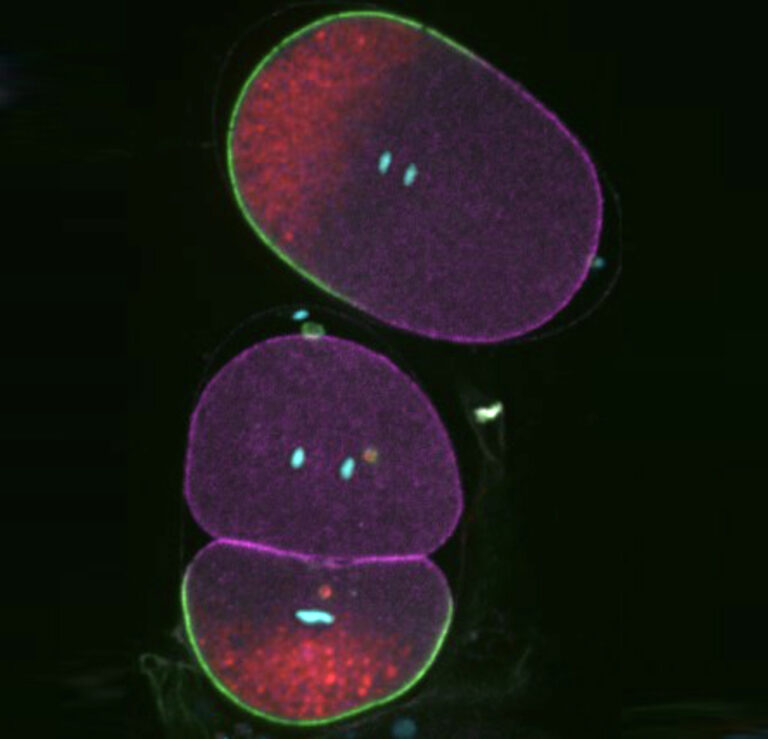
A01-2
Mechano-chemical crosstalk regulating tissue patterning
This research aims at understanding the mechanisms by which spatially uniform cell aggregates acquire a functional pattern. Using inner cell mass in mammalian embryos as a model system, we will identify the mechanical force and its interaction with biochemical reactions, which enables cellular symmetry breaking and subsequent tissue patterning, and elucidate the principles of embryonic development.
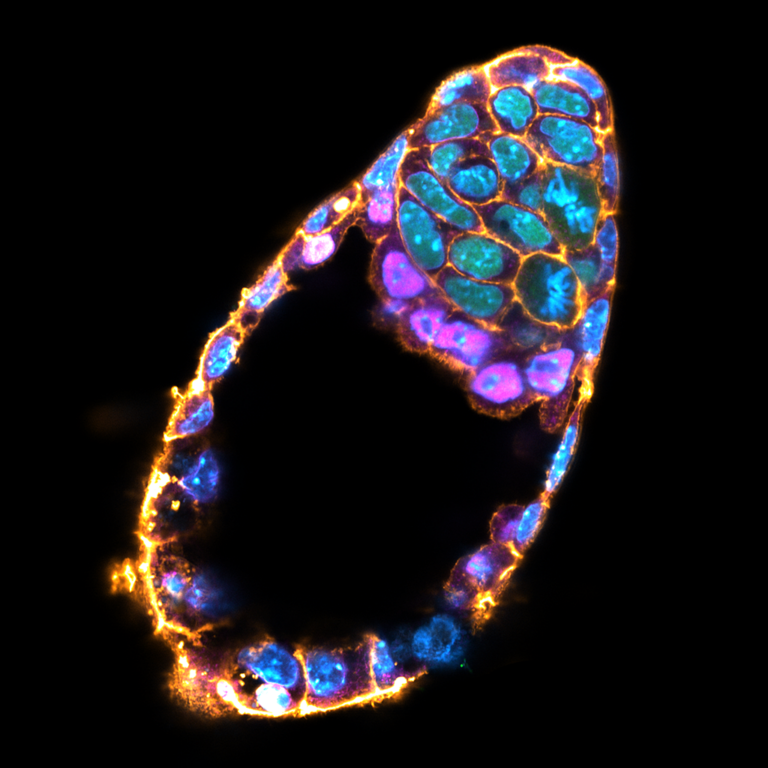
-
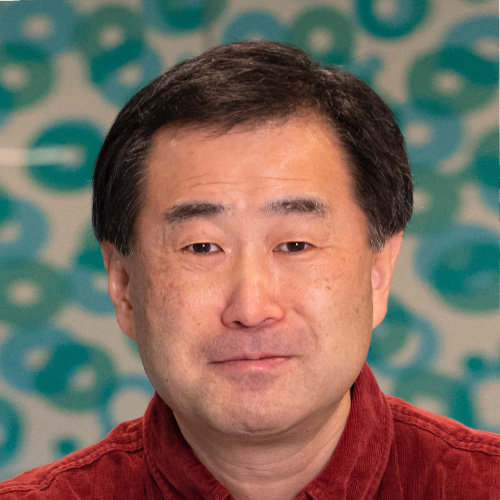 Takashi HiiragiGraduate School of Medicine and Institute for the Advanced Study of Human Biology (WPI-ASHBi), Kyoto University; Hubrecht Institute, the Netherlands
Takashi HiiragiGraduate School of Medicine and Institute for the Advanced Study of Human Biology (WPI-ASHBi), Kyoto University; Hubrecht Institute, the Netherlands- A01-2
- PI
-
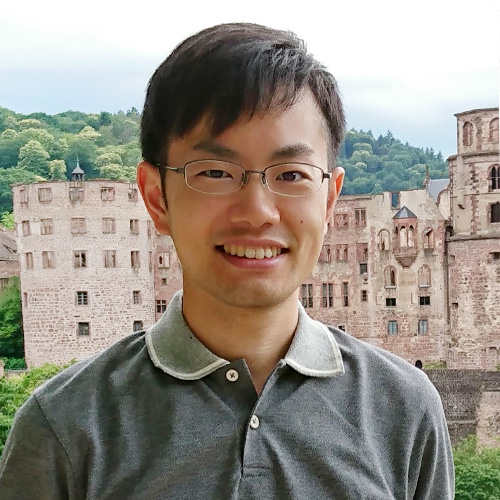 Takafumi IchikawaInstitute for the Advanced Study of Human Biology (WPI-ASHBi), Kyoto University
Takafumi IchikawaInstitute for the Advanced Study of Human Biology (WPI-ASHBi), Kyoto University- A01-2
- Co-PI
A01-3
Epithelial self-organization by mechano-genomic crosstalk
This research aims to elucidate the mechanism of mechano-genomic crosstalk during embryonic development using Drosophila gastrulation as a model system. We will combine spatial transcriptomics with mechanical measurements and manipulation to investigate how fate and form emerge through mechanical self-organization.
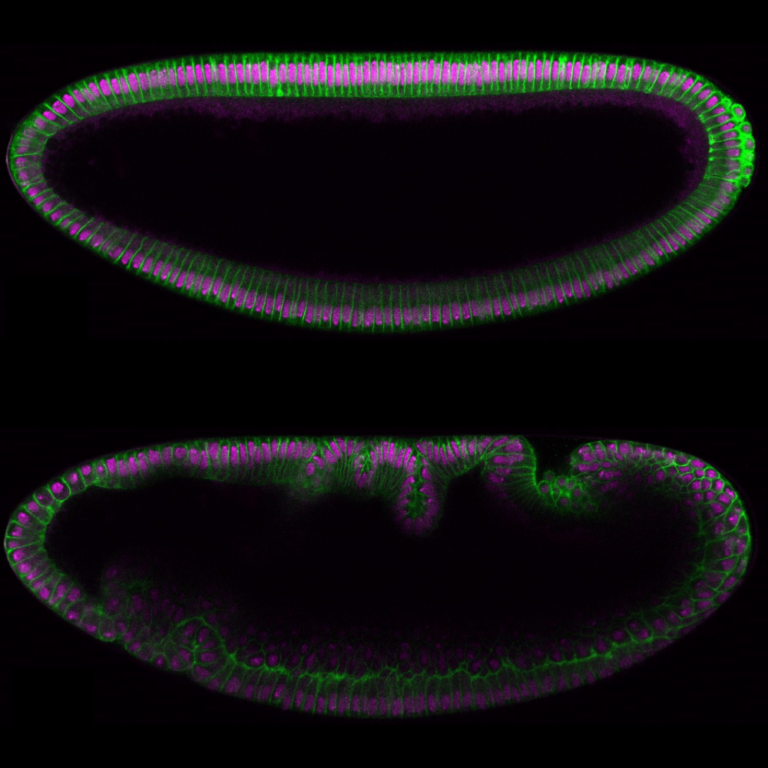
A01 news
-
Oct. 11, 2024
- Achievements
A01-2 Hiiragi Team’s Latest Study Published in Science! -
Jul. 10, 2023
- Achievements
A new paper by the A01-3 Kondo team was published in Cell Reports!



